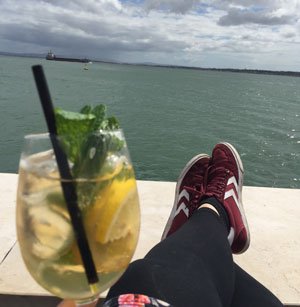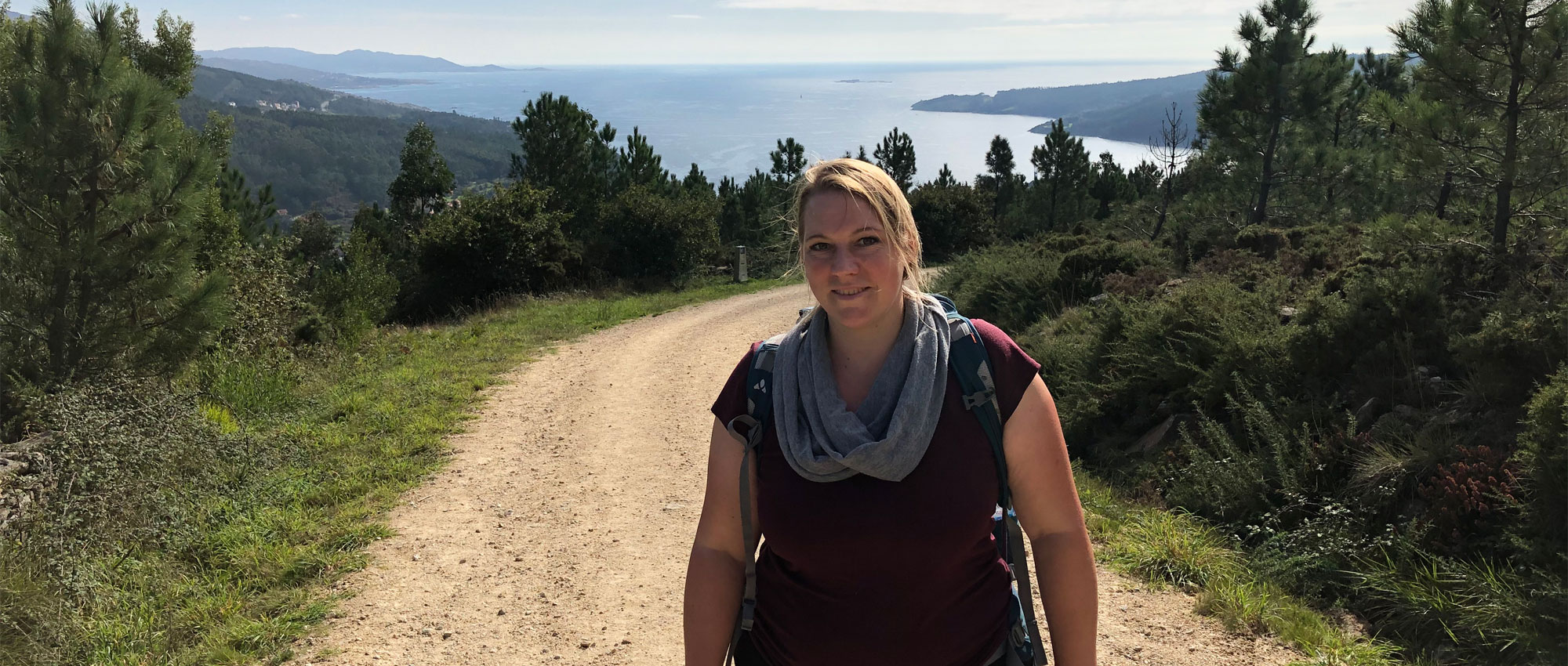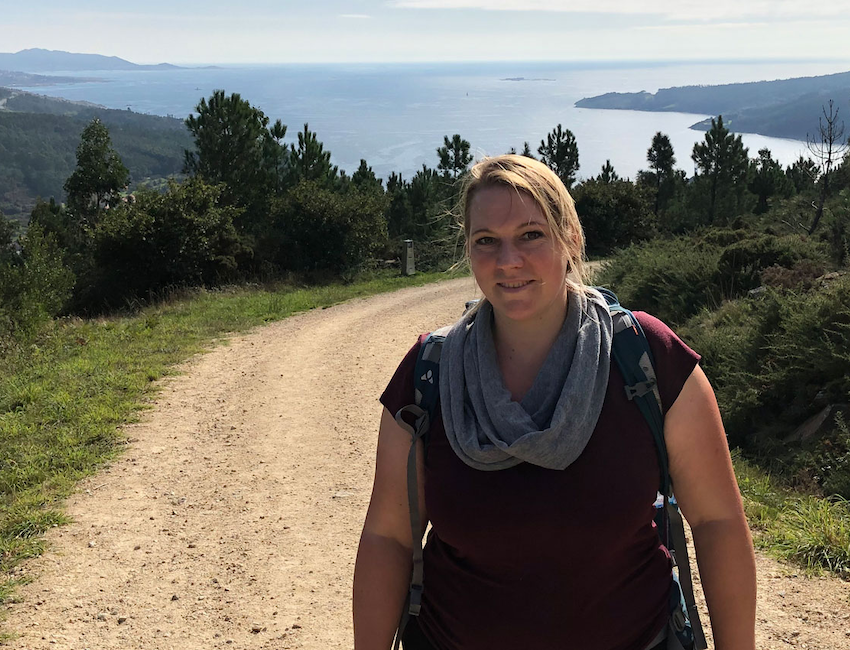You bet!
As long as there are no physical complaints (such as knee problems), there is no reason why a person with a few (or a few more) kilos too much should not walk the Way of St. James. In my opinion, pilgrimage or long-distance hiking, at least on the Portuguese Way of St. James, which is suitable for beginners, is even the best option if you want to take an active holiday even if you are overweight or unathletic.
I myself am both overweight and unathletic and asked myself before my first Way of St. James whether it wasn’t completely crazy to start this adventure this way.
But in the end, walking the Way of St. James means not much more than walking and even the biggest couch potatoes can do that quite well. Ok, quite a lot of walking, I admit that. If in doubt, you should always check with your doctor beforehand, especially if you plan to walk for several weeks without training.
Good planning is half the battle
Planning a pilgrimage – or even a long-distance hiking holiday – is a little more complicated for overweight people than for those of normal weight, but this is primarily because it is not easy to get the right equipment (an article “Hiking equipment for overweight people" is being planned).
And if you can’t rely on your good physical condition, you should not plan your stages too long. And rather take a day off for regeneration.
If you can’t estimate how many km are a good daily workload for you, it can happen that you realize in the middle of the day that your strength has run out. But even that is not the end of the world. If you happen to be in the forest, it is a rather bad time, but with enough breaks you can still make it to the next civilization and then you take the bus or call a taxi, depending on availability (if you let me plan your holiday, you can of course contact me in such a case and I will look for possible connections).

Training is useful, but not necessarily necessary
One thing is clear: in any case, it makes sense to “train" as much as possible beforehand. The more you hike before, the more relaxed you start your Camino. Apart from the fact that your condition improves surprisingly quickly, the emotional aspect should not be underestimated: you simply feel better prepared. But to be honest, I only trained before my first pilgrimage and on my further pilgrimage holidays I simply set out on my way, true to the Rhineland motto “et hätt noch noch jood jejange", which means that it has always gone well so far.
With the right organisational preparation, you can react flexibly on site to the limits set by your body.

One thing should of course not be left unmentioned: pilgrims usually come home with less body weight than they went, despite the cheap pilgrim menus and the delicious Porto Tonico. The calorie consumption by daily hiking for several hours with a 10kg backpack should not be underestimated. In the long term, one will of course not automatically lose weight from a few days to weeks of pilgrimage, but due to the fact that one gains so much distance to one’s daily routine, such a holiday can be a good possibility to break with old habits and therewith change something in the long run.

